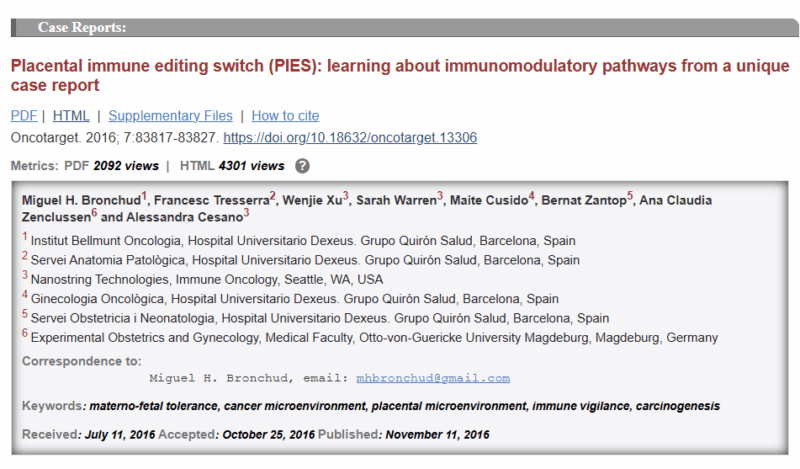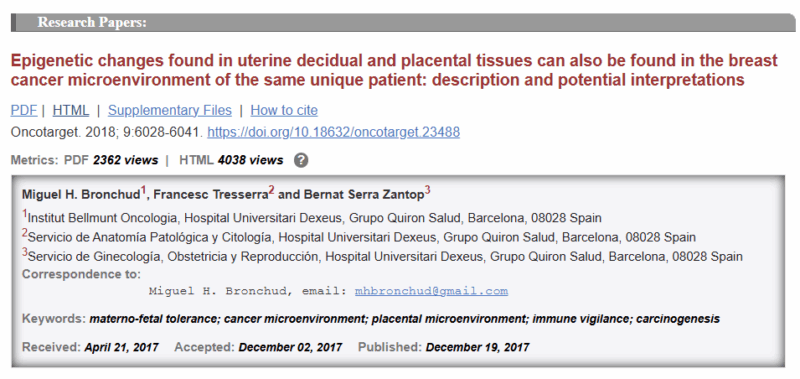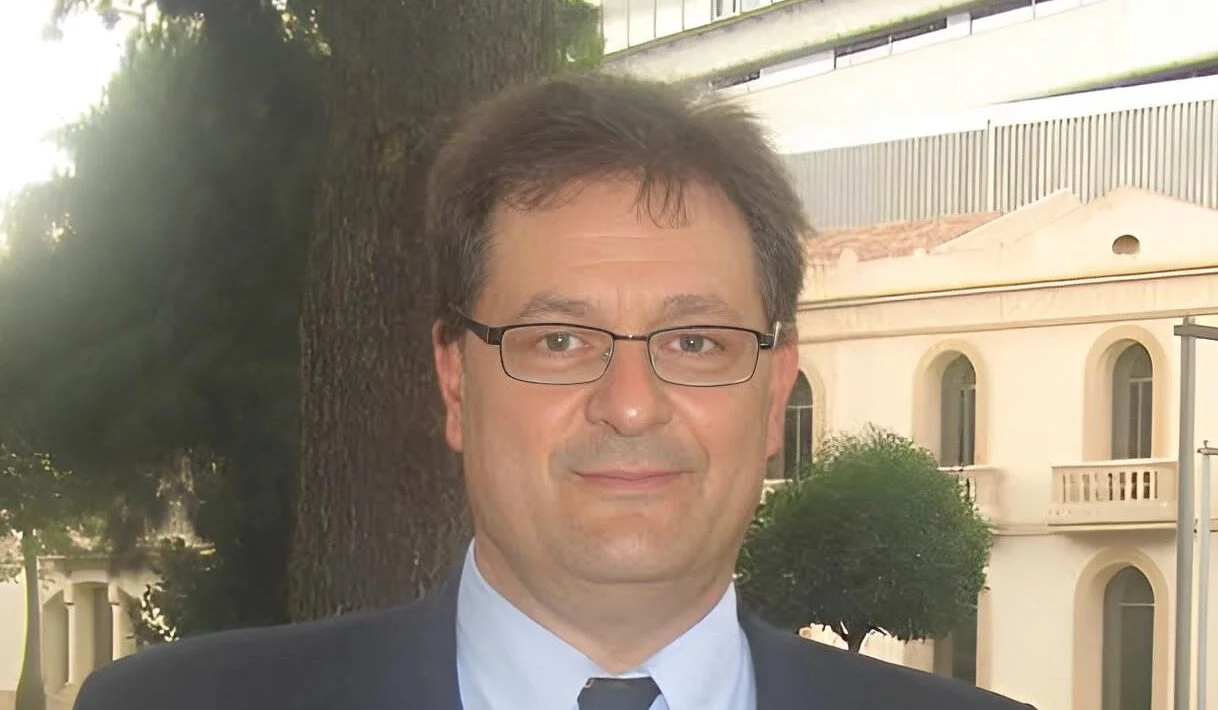Miguel Bronchud, Co-Founder and Advisory Board at Regenerative Medicine Solutions, shared a post on LinkedIn:
“Tests searching for tumor DNA in the blood and other “markers” are surging in popularity, mainly because they can clue clinicians into what’s happening with a patient’s cancer long before any changes appear on more traditional tools like MRI or CT scans or PET-CTs. These tests are often already commercially available and even covered by Medicare. But there’s one problem: Experts don’t know if these tests actually help patients.
These blood tests can show early cancer or if cancer patients will recur months before any lesions are visible, and some tests’ results can give information about how a cancer will or is responding to a certain therapy.
Whenever pre-Cancer or very early cancer is “detected”- or at least highly suspected- after a blood test (genomic, proteomics or epigenetics) and further confirmation awaits based on images evidence (perhaps with help from CT/MRI/Pet-TC and – why not- AI analysis).
Once confirmed the early cancer should be assessed for the molecular expression (or not “) of co opted encrypted epigenetic pathways leading to selective immune response suppression. Pathways probably evolved for feto maternal tolerance in placental mammals. We do not yet know their precise molecular mechanisms but involve tumor editing and HLA-tolerance to neo antigens.
Then targeted therapy is given and the patient is presumably cured. For example, developing future “specific immune response modifiers”- like RNA vaccines, HLA- peptides, mini CAR-T, T cell engagers or bivalent MAbs. Or others.
All of these issues on the importance of early detection and effective immune response have one way or another been present at the recently finished American Society of Clinical Oncology (ASCO 2025) just finished in Chicago USA (some 40.000 participants and Expo attendees).. Unfortunately, data recently released on a successful targeted drug therapy model like extensive non small cell lung cancer highlight a sobering reality:
– patients with brain metastases,
– liver metastases,
– TP53 co-mutations,
– or poor performance status face significantly worse outcomes,
– and 95% of patients had at least one of these high-risk factors.
Only 58% survived to 2 years, and just 18% to 5 years. Alarmingly, 1 in 3 never received a second line of targeted therapy.
Time to dream but not time to cut funding for cancer research or to go asleep.
In fact – time to work even harder and to persuade our rulers and politicians to invest more time and money on cancer research.
“Is research expensive? Try disease” (forgot the exact quote- there are several versions in different countries and cultures…)
Some of us believe that a yet unknown immune regulatory mechanism* occurs in the key transition from “benign to malignant” tissue- early and perhaps by co option of encrypted immune editing and suppressing mechanisms (evolved by Nature).
For those of us who believe that a yet unknown immune regulatory mechanism* occurs in the key transition from “benign to malignant” tissue- perhaps by co option of encrypted immune editing and suppressing mechanisms (evolved by Nature in order to create invasive placentation and feto maternal tolerance 150M years ago) the most effective way to prevent malignant lethality in cancer would be to detect precisely “when and where” in our bodies such “terrorist cells are hiding” and stop this evil “trans process”with suitable solutions and yet unknown therapies
– Bronchud M. H., et al. (2016). Placental immune editing switch (PIES): learning about immunomodulatory pathways from a unique case report.
– Bronchud M. H., et al. (2017). *Epigenetic changes found in uterine decidual and placental tissues can also be found in the breast cancer microenvironment of the same unique patient: description and potential interpretations.
Reviews on this context and evolutionary significance.”
Read full article on cancer blood tests.
Title: Placental immune editing switch (PIES): learning about immunomodulatory pathways from a unique case report
Journal: Oncotarget
Authors: Miguel H. Bronchud, Francesc Tresserra, Wenjie Xu, Sarah Warren, Maite Cusido, Bernat Zantop, Ana Claudia Zenclussen, Alessandra Cesano

Title: Epigenetic changes found in uterine decidual and placental tissues can also be found in the breast cancer microenvironment of the same unique patient: description and potential interpretations
Journal: Oncotarget
Authors: Miguel H. Bronchud, Francesc Tresserra, Bernat Serra Zantop

More posts featuring Miguel Bronchud on OncoDaily.


